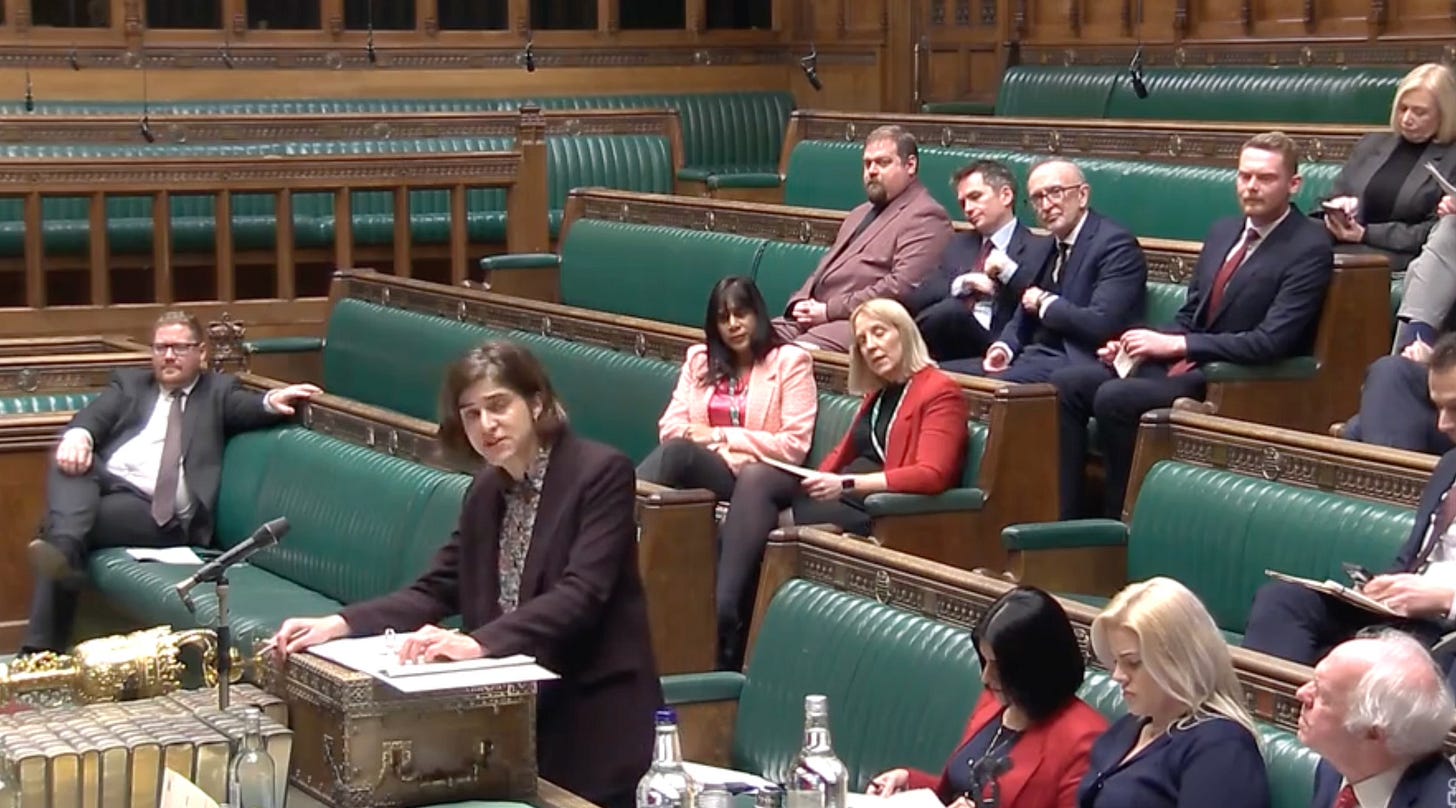Fundamental reform
New minister says we must do more to address court backlogs
“Demand on the criminal courts is increasing at a faster rate than the actions we are able to take,” the new justice minister Sarah Sackman KC told MPs yesterday, “and we must therefore go further.”
What might she be referring to?
“This government understand the scale of the problem and are ready to confr…
Keep reading with a 7-day free trial
Subscribe to A Lawyer Writes to keep reading this post and get 7 days of free access to the full post archives.


